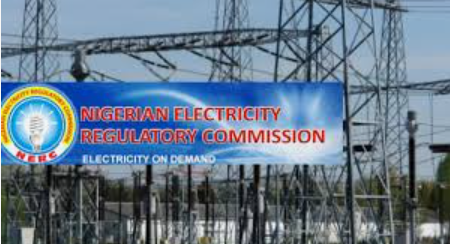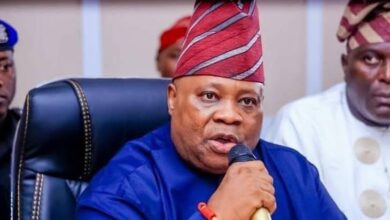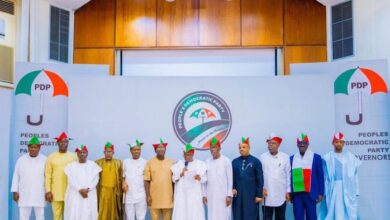FG Subsidizes Electricity Tariffs For Kano Customers

The Federal Government has pledged to cover the revenue gap arising from the difference between cost-reflective tariffs and the actual tariffs paid by customers of the Kano Electricity Distribution Company (KEDCO). This commitment is part of a broader effort to stabilize the electricity market and support consumers during the transition to full cost-reflective tariffs. The Nigerian Electricity Regulatory Commission (NERC) outlined this in a September 2024 Supplementary Order, released under the Multi-Year Tariff Order (MYTO) framework, which came into effect on September 1, 2024.
The order seeks to address financial imbalances caused by external factors such as exchange rate fluctuations and inflation, with the Federal Government funding the shortfall. “The FGN policy on subsidy and electricity tariffs provides for a gradual transition to cost-reflective end-user tariffs with safeguards for the less privileged electricity consumers,” the document stated. It also highlighted that during this transition, the government would step in to cover the gap between what consumers pay and the actual cost of generating and delivering electricity.
Key economic indicators, including the exchange rate of ₦1,601.50/US$1 and an inflation rate of 33.40% (as of July 2024), were considered in revising KEDCO’s revenue requirements and tariffs for the rest of the year. These adjustments are aimed at ensuring that KEDCO can meet its financial obligations despite rising costs.
In line with this, NERC clarified that the government’s intervention will be channeled through the Nigerian Bulk Electricity Trading (NBET) company to ensure full payment to generating companies (GenCos). The commission also emphasized KEDCO’s responsibilities under the Service-Based Tariff (SBT) framework, holding the distribution company accountable for providing a minimum number of hours of electricity supply to consumers in different tariff bands.
Additionally, KEDCO is required to enhance its infrastructure and increase its generation capacity by procuring at least 27 MW of embedded generation, 50% of which must come from renewable energy sources. This measure is part of broader efforts to ensure reliable power supply in the region while encouraging sustainable energy practices.
NERC concluded by affirming its commitment to monitoring KEDCO’s compliance with these service obligations in real-time, leveraging technology to track electricity supply hours and other performance metrics. The Federal Government’s financial backing during this period is designed to ease the transition to cost-reflective tariffs and ensure continued electricity service without burdening consumers with full market costs immediately.



